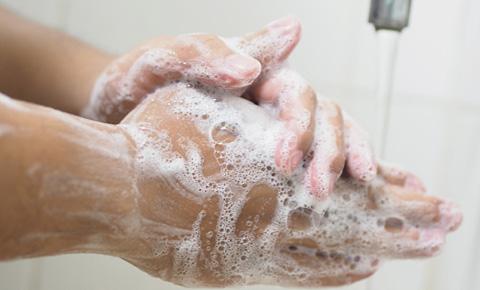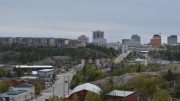The Workers’ Safety and Compensation Commission (WSCC) has now developed a risk assessment tool to guide employers in determining if a worker can safely be on the worksite under the current direction of the Chief Public Health Officer of the Northwest Territories.
In a news release, the commission states that the guidance COVID-19 and the Workplace: General Precautions and a Risk Assessment (available on the WSCC website) includes recommendations from the Office of the NWT Chief Public Health Officer and practical tools for conducting a risk assessment and establishing a protocol to prevent the risk of transmission by an essential service worker.
If you would like remote assistance from an OHS Inspector to perform a risk assessment related to COVID-19 for your worksite, please contact 1-800-661-0792.
“We are asking all employers in the Northwest Territories and Nunavut to follow the advice of our Chief Public Health Officers closely and to make decisions based on current information as to what’s best for the welfare of our whole community”, said Debbie Molloy, WSCC President and CEO. “All employers need to ask themselves a key question – Does this worker provide an essential service and can this worker safely work?”
The commission states that it is grateful for those still working hard to ensure the continued movement of goods and delivery of essential services for our communities; from healthcare workers, tradespeople, transport drivers and pilots, cleaners, grocery store clerks, municipal services, harvesters and all others.
“I want to assure all employers and workers that the WSCC continues to provide the services they might need,” Molloy states. “Our offices in Yellowknife, Inuvik and Iqaluit are closed for public access, and many of our staff are working from home, but the WSCC is still operating all core services and is very much ‘open for business’.”
The WSCC reminds employers that they are legally responsible to take every reasonable precaution for the health and safety of workers. This includes ensuring having and maintaining an occupational health and safety program that is current and relevant to the potential hazards at their worksite, including COVID-19.
What businesses should close?
The Chief Public Health Officer is recommending that the following businesses be closed as the nature of their operation will not allow them to have suitable distancing measures in place to reduce the risk of spread of COVID-19:
- Tour Operators
- Bottle Depots
- Gyms and fitness centres
- Museums and Art galleries
- Bars and night clubs
- Theatres and movie theatres
- Buffet style restaurants
- Personal service establishments (barber, hair salons, massage, nail and other salons)
For more information, see Information on Mass Gatherings.
Other Useful Resources
Employers and Business related to COVID-19
https://www.hss.gov.nt.ca/en/services/coronavirus-disease-covid-19/information-employers-and-businesses
Workers Exempt from Travel Restrictions
Guidance issued for Long Haul Truckers









